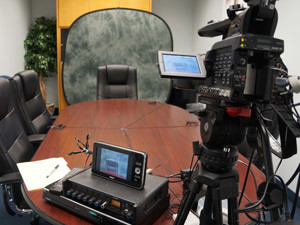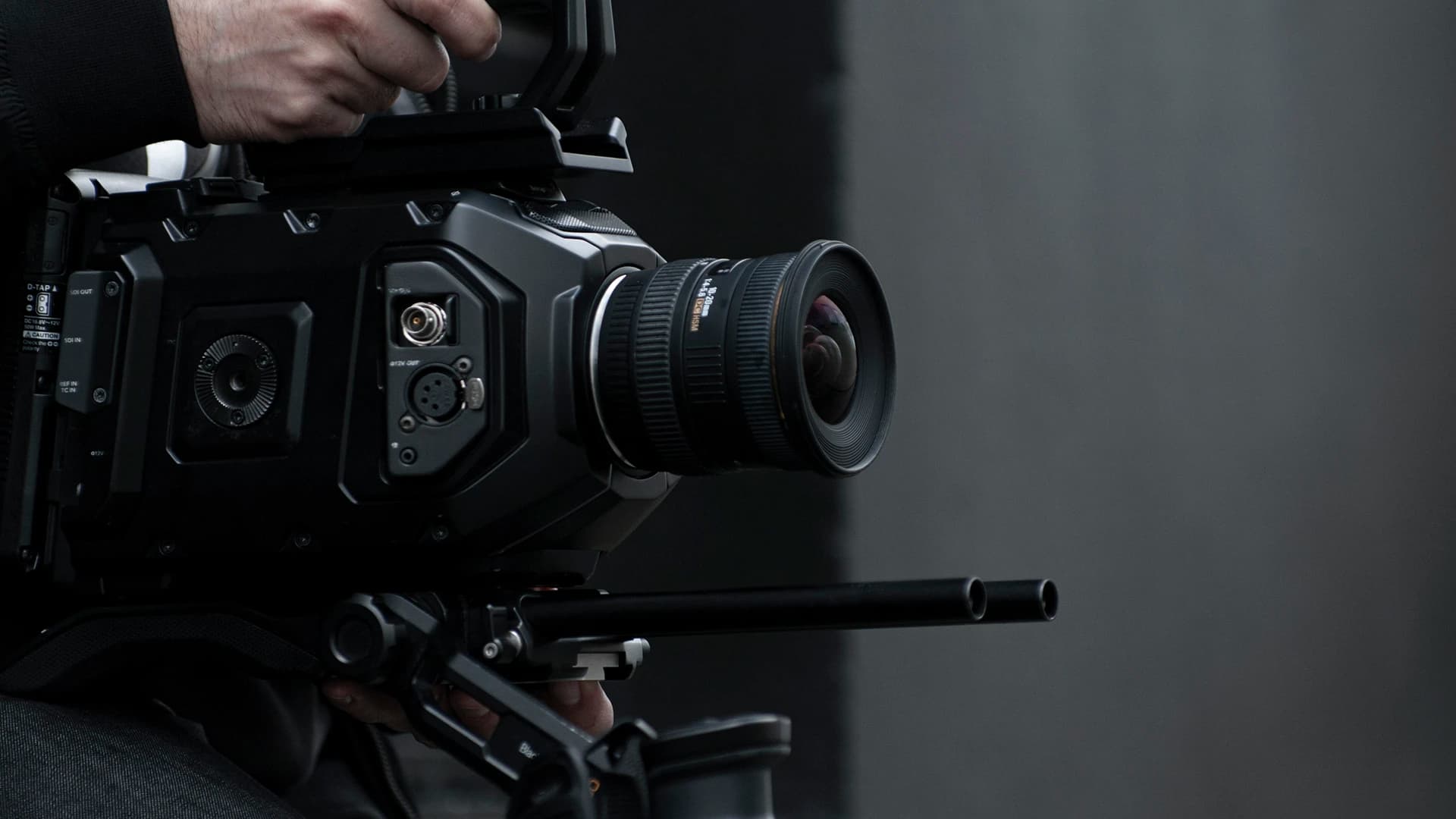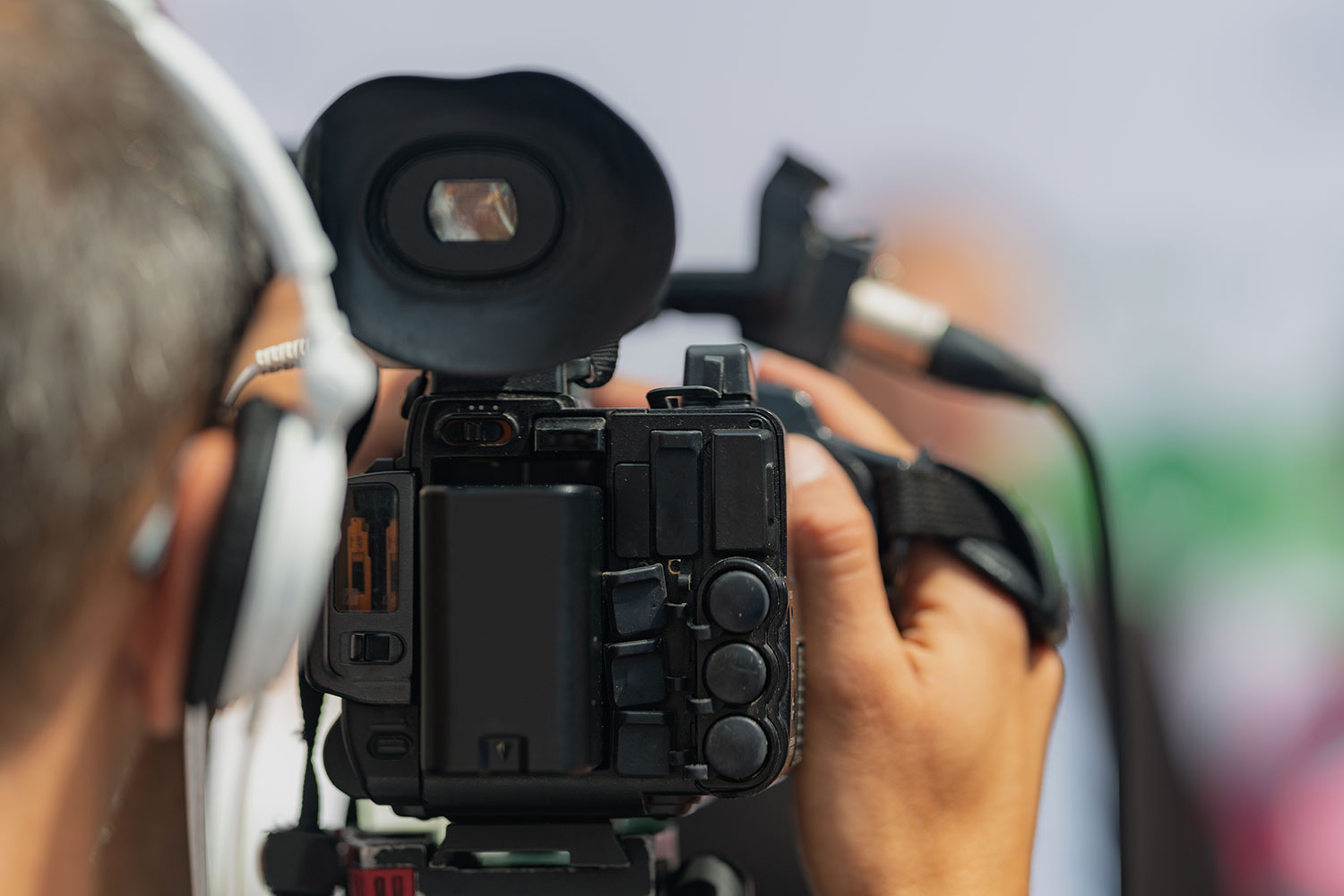The Duty of Lawful Videography in Depositions and Tests
Lawful videography has arised as a vital device in both depositions and trials, giving a diverse strategy to documenting witness testaments. As legal professionals progressively recognize its value, it motivates a deeper assessment of how these aesthetic documents can influence juror understandings and test results.

Relevance of Legal Videography
Lawful videography plays a pivotal function in the documents and presentation of depositions and trials. This customized area combines technological abilities with legal understanding to create a trusted record of process that can considerably affect case end results. The visual facet of legal videography boosts the understanding of witness testimony, enabling jurors and judges to observe not only the talked words however also the attitude, feelings, and body language of the witnesses.
On top of that, legal videography supplies an unbiased account of events, lessening the potential for misinterpretation that can accompany composed records alone. This aesthetic documentation serves as an essential tool during trial presentations, facilitating a clearer and more persuasive narrative for both plaintiffs and defendants. Furthermore, the ability to replay video segments throughout court process enables lawful groups to highlight bottom lines, strengthening their arguments effectively.
The significance of lawful videography prolongs beyond the courtroom; it additionally plays an essential duty in protecting proof for future recommendation, whether for appeals or more lawsuit. Its combination into the lawful procedure is necessary for guaranteeing a reasonable and accurate representation of the realities, ultimately contributing to the search of justice.

Process of Legal Videography
While catching the subtleties of depositions and tests, the procedure of legal videography involves a number of important actions that ensure premium, exact recordings. Originally, a professional legal videographer prepares by evaluating the situation products and recognizing the details requirements of the deposition or test. This prep work consists of acquainting themselves with the individuals and the context, which assists in recording significant details.
On the day of the recording, the videographer sets up the required equipment, which generally includes high-definition video cameras, microphones, and appropriate illumination. Making sure ideal angles and sound quality is essential, as it directly influences the performance of the recording. The videographer connects with lawyers and participants to establish methods, ensuring that every person comprehends the recording process.
During the deposition or test, the videographer diligently tapes the procedures, paying very close attention to both verbal and non-verbal signs. This consists of catching the temperament and responses of witnesses and lawyers. After the session wraps up, the videographer may modify the video footage for clarity and compliance with lawful criteria, creating a final product that properly shows the try this proceedings for future referral and usage in legal contexts.
Advantages in Depositions
The unification of videography in depositions uses various advantages that boost the general process of collecting evidence. One key advantage is the ability to catch witness statements with visual and acoustic fidelity, offering a more exact representation of the witness's behavior, tone, and body language. This multidimensional approach permits lawyers and juries to analyze credibility extra efficiently than traditional written records alone.
Furthermore, videographed depositions serve as an effective tool for preserving testimony. Should a witness ended up being unavailable for test, their taped deposition can be played in court, guaranteeing that their proof stays available and relevant. This facet significantly minimizes the risk of shedding important info that might influence situation end results.

Finally, videography improves the overall professionalism and trust of the deposition procedure, instilling confidence in clients relating to the thoroughness of their legal representation (legal videography). By leveraging technology, attorneys can significantly improve the effectiveness of depositions
Effect On Tests
In several tests, the combination of videography can substantially influence the presentation of proof and the court's understanding. Legal videography records witness testaments and critical proof in a vibrant format, allowing jurors to involve with the product on multiple degrees. This aesthetic element enhances the narration facet of a test, supplying context and emotional vibration that typical text-based proof may lack.
Moreover, video clip recordings can function as powerful devices for impeachment throughout cross-examination. When inconsistencies occur in between a witness's previous statements and their court room statement, video proof offers an objective referral that can persuade jurors' opinions. This immediacy and clarity can strengthen the original site credibility of an event's narrative while simultaneously threatening opposing disagreements.

Future Trends in Legal Videography
As we look towards the future of lawful videography, numerous arising fads assure to improve its role within the courtroom. One considerable fad is the assimilation of expert system (AI) in video clip evaluation and modifying. AI can enhance the procedure of determining crucial minutes in tape-recorded depositions, enabling attorneys to rapidly access relevant content, thereby enhancing efficiency in case prep work.
In addition, the increase of online reality (VIRTUAL REALITY) and boosted fact (AR) innovations is expected to transform how jurors experience proof. legal videography. By submersing jurors in a simulated environment, these technologies can offer a more profound understanding of intricate circumstances, causing more enlightened considerations
Furthermore, the increasing need for remote depositions, sped up by the COVID-19 pandemic, will likely continue. Legal videographers will certainly require to adapt to brand-new software program and platforms to ensure high-quality recordings in digital setups.
Lastly, the expanding emphasis on information safety will demand stricter protocols for keeping and sharing video evidence. As the lawful landscape develops, lawful videographers need to remain abreast of these patterns to keep their significance and performance in the judicial process.
Verdict
In recap, legal videography offers a critical function in the judicial process, boosting the honesty of depositions and trials. As innovation proceeds to advance, legal videography is poised to additional change its duty within the lawful landscape.
Comments on “Specialized Legal Videography for Trials.”